Google AI Rivals Gain Edge from 2025 Data-Sharing Order

Googles AI rivals get a boost from data-sharing order, but tech giant far from routed
A recent court ruling is shaking up the tech world, giving Google AI rivals a chance to compete more fiercely. On September 3, 2025, a U.S. judge ordered Alphabet’s Google to share its valuable search data with competitors. This decision, reported by Reuters, could change how AI companies challenge Google’s dominance in search and artificial intelligence. However, experts say Google is far from losing its grip, as building a rival product takes time, money, and effort. At AMERICA NEWS WORLD (ANW), we dive into what this means for the future of AI pattern: AI and search.
A Boost for Google’s AI Rivals
The antitrust ruling by U.S. District Judge Amit Mehta is a big win for companies like OpenAI, Perplexity, and Anthropic, who are building AI-powered search tools. These Google AI rivals now have access to Google’s search index and user interaction data. This data is like gold for creating better search engines and chatbots. Judge Mehta noted, “The emergence of GenAI changed the course of this case.” He pointed out that millions of people now use AI chatbots like ChatGPT, Perplexity, and Claude to find information, a job Google Search used to dominate.
However, Google dodged a bullet. The court did not force it to sell its Chrome browser or Android operating system. This was a relief for Alphabet, Google’s parent company, as its stock jumped 7.2% after the ruling. Apple’s stock also rose 3% since Google can keep paying to be the default search engine on Apple devices. Yet, the data-sharing order opens doors for competitors. It lowers barriers for Google AI rivals to create and distribute their own search tools.
Why It’s a Big Deal
Google has controlled about 90% of the search market for years. Its search index is a massive database of web pages, which powers its search results. Sharing this data could help Google AI rivals build stronger products. For example, OpenAI’s ChatGPT already offers a search feature, and Reuters reports it’s close to launching a browser to challenge Chrome. Perplexity, backed by Nvidia, has its own AI-powered search and browser and is working to get its browser preloaded on phones.
But catching up to Google won’t be easy. Ben Bajarin, CEO of Creative Strategies, said it’s “astronomically expensive” to build a product that can pull users away from Google. Google’s AI features, like AI Overviews and AI Mode, keep users hooked on its platform. Still, well-funded startups are pouring billions into this fight, aiming to chip away at Google’s lead.
Challenges for Competitors
Even with Google’s data, Google AI rivals face hurdles. Building a search engine that matches Google’s quality takes massive resources. Deepak Mathivanan, an analyst at Cantor Fitzgerald, noted it will take time for competitors to create user-friendly experiences and for people to switch to new platforms. Google’s CEO, Sundar Pichai, warned that sharing data could let rivals reverse-engineer Google’s technology. This could give tech giants like Microsoft or even Apple a chance to jump into the search market.
Microsoft might push its Bing search engine harder, while Apple, struggling with AI upgrades for Siri, could try building its own search tool. Judge Mehta believes AI companies are in a better spot to challenge Google than traditional search engines have been in decades. He said, “These companies are making, and startups are receiving, hundreds of billions of dollars to develop [AI] products that threaten traditional search.”
What’s Next for Google?
The ruling doesn’t stop Google from paying companies like Apple to keep its search engine as the default. This deal, worth about $20 billion a year, stays intact. However, Google can’t make exclusive contracts that block competitors’ apps from devices. A technical oversight committee will monitor Google’s compliance for six years. Google plans to appeal, which could drag the case to the Supreme Court by 2027 or 2028, according to William Kovacic from George Washington University.
This ruling comes as Google faces another antitrust trial in late September 2025, focusing on its ad-tech business. Last year, a judge found Google illegally monopolized ad markets, so more changes could be coming. For now, Google AI rivals have a new tool to compete, but Google’s massive user base and resources keep it ahead.
Data: The Numbers Behind the Story
Here’s a quick look at the market and investment trends shaping this battle:
Metric
Value
Google’s Search Market Share
~90%
Alphabet Stock Rise (Post-Ruling)
7.2%
Apple Stock Rise (Post-Ruling)
3%
Google’s Annual Payment to Apple
~ $
read this-Trump’s Late Press Conference Sparks Memes, Fuels Health Rumors
read this-Xi Redraws Geopolitical Map With Embrace of Putin and Modi
Discover more from AMERICA NEWS WORLD
Subscribe to get the latest posts sent to your email.
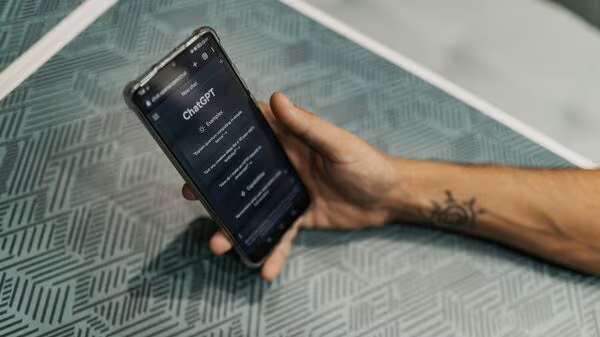








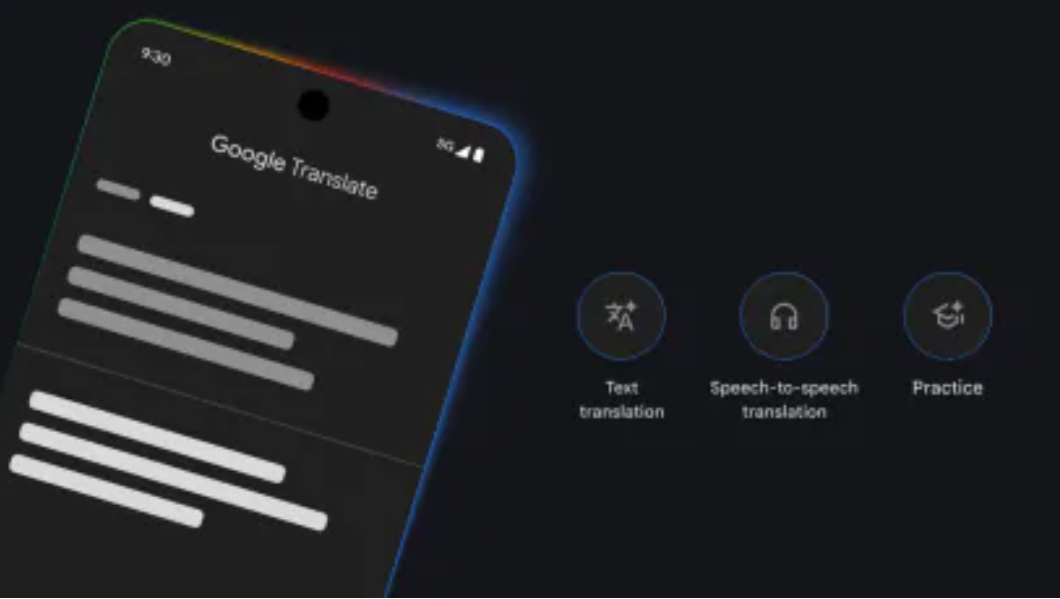
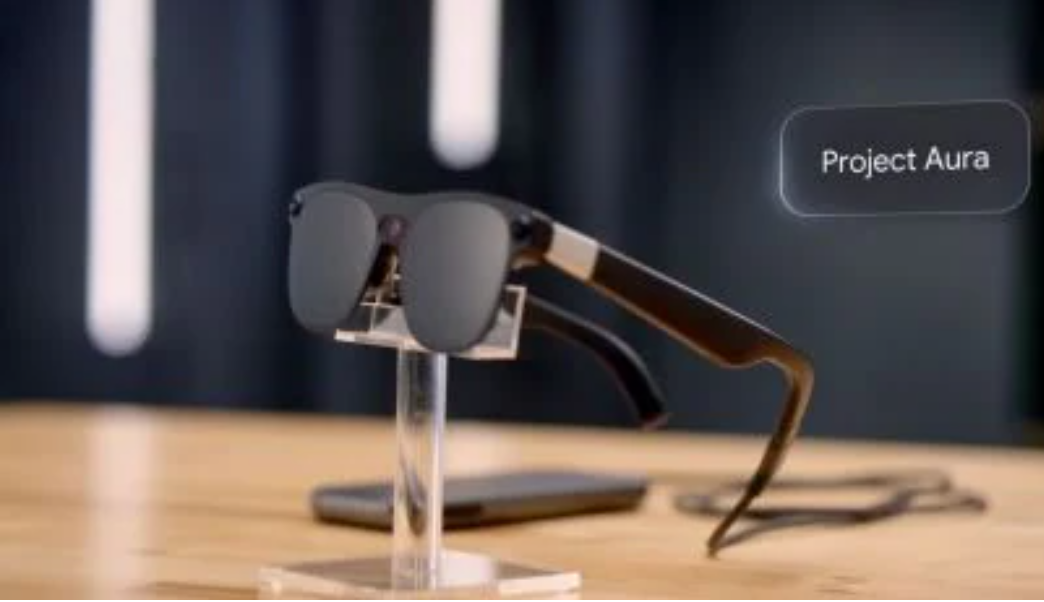










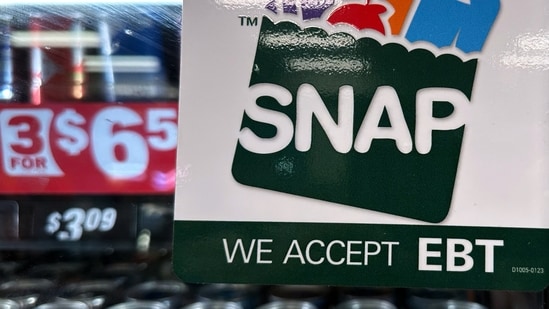








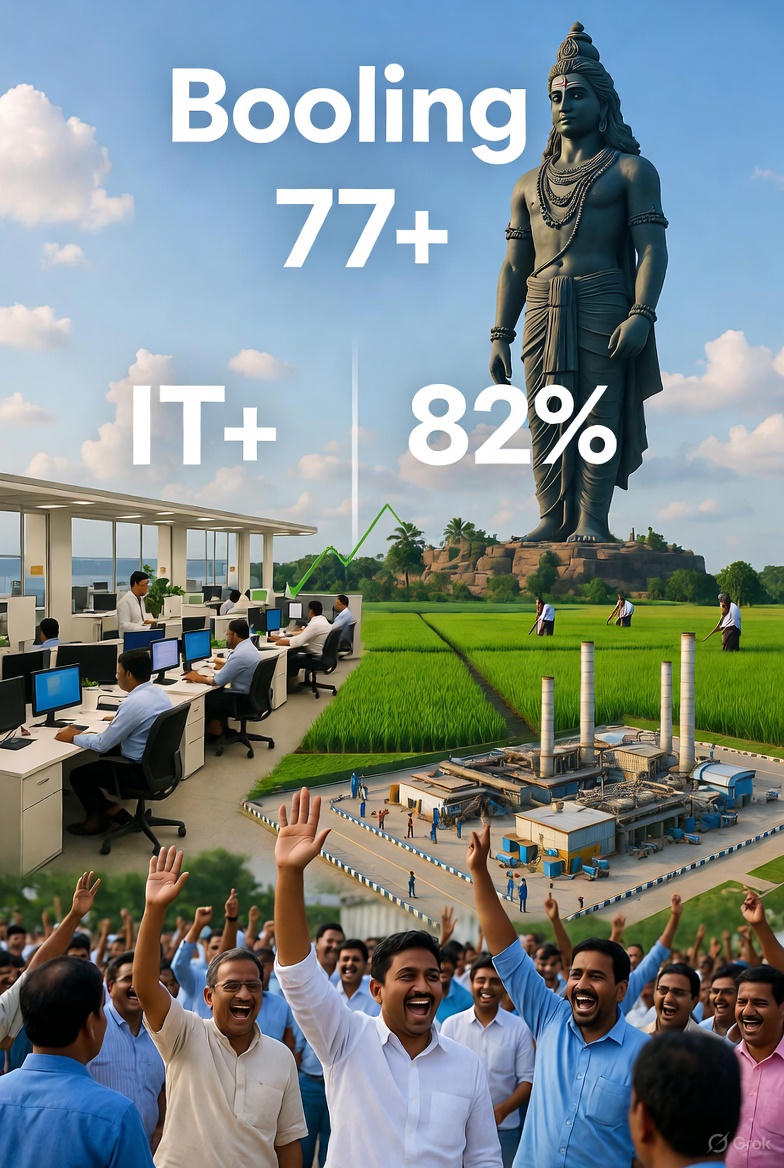

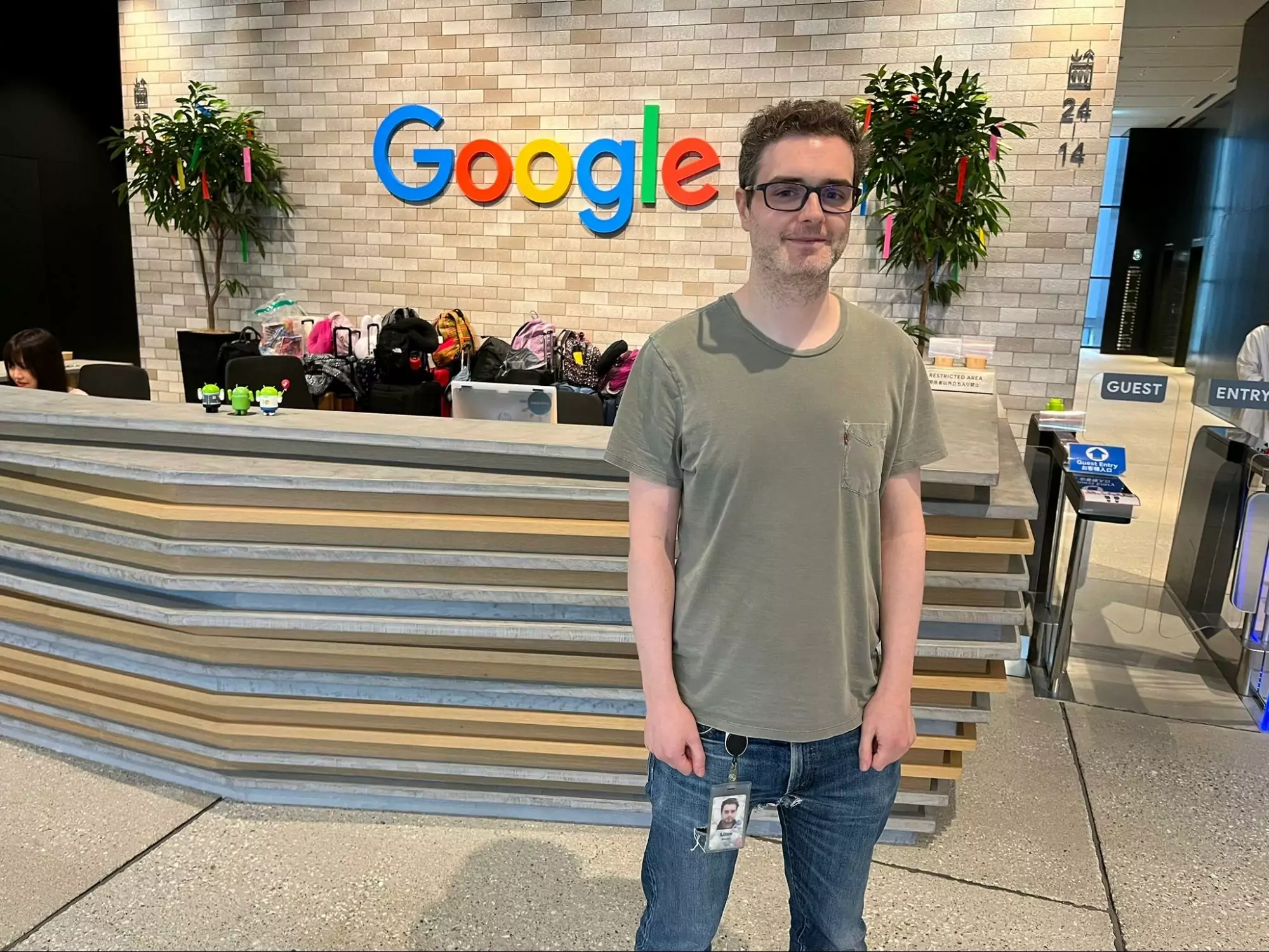





![Smoke rises after Israeli strikes in Beirut's southern suburbs, on March 2 [Mohamad Azakir/Reuters]](https://america112.com/wp-content/uploads/2026/03/hgh.webp)


US Tariffs Grip India: world in big Trade Tensions - ANW
[…] Google AI Gain Edge from 2025 Data-Sharing […]